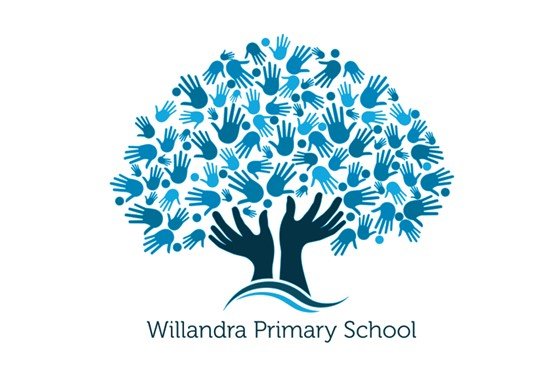
Mathematics
RATIONALE:
Learning mathematics creates opportunities for and enriches the lives of all Australians. The Western Australian Curriculum: provides students with essential mathematical skills and knowledge in Number and Algebra, Measurement and Geometry, and Statistics and Probability. It develops the numeracy capabilities that all students need in their personal, work and civic life, and provides the fundamentals on which mathematical specialties and professional applications of mathematics are built.
IMPLEMENTATION:
Willandra Primary School has a whole school approach to the teaching of Mathematics. Teachers base their planning and assessment on the Western Australian Curriculum and the Department of Education’s Scope and Sequence in order to move children through the stages of development.
Mathematics is taught everyday as part of a Numeracy Block format by applying the ‘I do, We do, You do’ model of teaching. Students’ prior knowledge is used to determine a starting point to new and unfamiliar concepts.
Assessment tasks are designed to cater for all student abilities, and they are decided on collaboratively amongst Phase of Learning Teams. A standardised test is used at the beginning and end of the school year to assist in determining student growth individually and as a cohort.
AIMS:
At Willandra, we aim to ensure that our students:
· are confident, creative users and communicators of mathematics, able to investigate, represent and interpret situations in their personal and work lives and as active citizens
· develop an increasingly sophisticated understanding of mathematical concepts and fluency with processes and are able to pose and solve problems and reason in Number and Algebra, Measurement and Geometry, and Statistics and Probability.
· recognise connections between the areas of mathematics and other disciplines and appreciate mathematics as an accessible and enjoyable discipline to study.
REPORTING
Relevant information is reported to the school community on a regular and timely basis. The method of reporting is sensitive to the school context and individual family needs, incorporating a range of approaches, both formal and informal.
